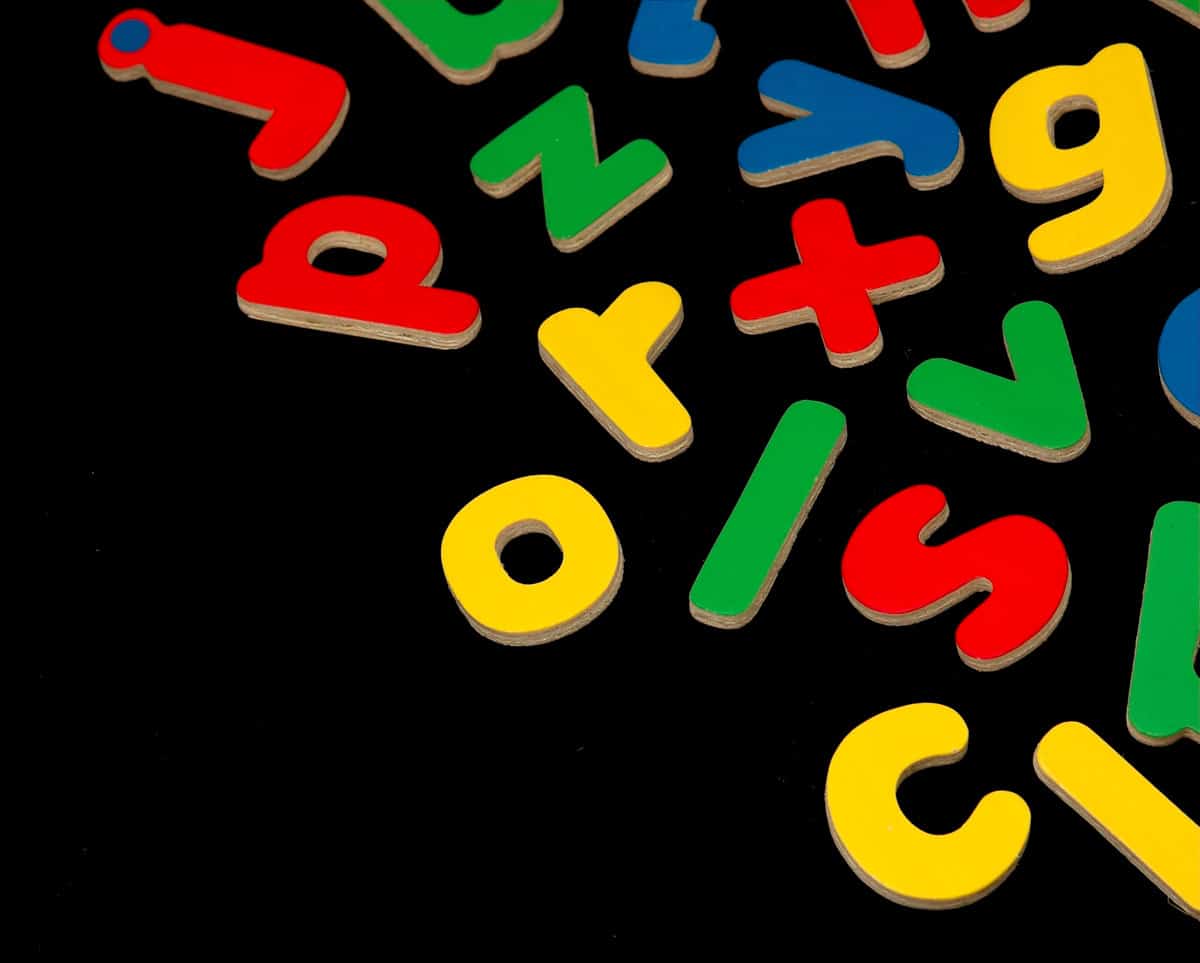Because I write for a living, many people assume that I’m an expert on the subject of grammar. Some go so far as to consider me a grammarian. Others assume that I must have been an English major back in college.
Yes, I wrangle with grammar every day, but I’m no expert. And no, I wasn’t an English major. I took my last English course in high school, so I owe what knowledge I have of grammar, usage, and syntax to my teachers and what I’ve picked up by reading other writers (both good and bad).
In fact, I’ve never taken a class in writing. My college years involved reams of papers, but my alma mater didn’t require the type of Composition class you’ll find at most schools. The professors assumed that if you had been accepted to sit in their classrooms, you must be able to knit sentences into coherent paragraphs. (I’ll forever be grateful that my senior-year high-school English teacher demanded six full-length research papers, expected them to be both well-reasoned and well-written, and put every bit as much energy into critique as we put into writing. How did he find the time?)
I’ve known many great writers and many great grammarians, and rarely were they the same people. Yes, there are those extraordinary individuals who are adept at crafting brilliant copy and have managed to memorize the Chicago Manual of Style, but I can count them on one hand with plenty of fingers remaining. Simply put, most good writers aren’t good grammarians. And most skilled grammarians are not compelling writers. I attribute it to different corners of the brain. The part of the brain that enjoys generating flowing, lyrical sentences doesn’t even know its neighbor who enforces structure and rules. That’s why God created editors (although when writers use “God” and “editors” in the same sentence, the context is usually less gracious, and they’re often joined by an expletive).
So feel free to keep asking me those questions and sending emails about comma placement and subject/predicate agreement. I’ll answer based upon my working knowledge of our complex and confusing mother tongue. But please remember that I’m no professor of things subjective, subjunctive, or subordinate. In other words, I just might steer you wrong.
